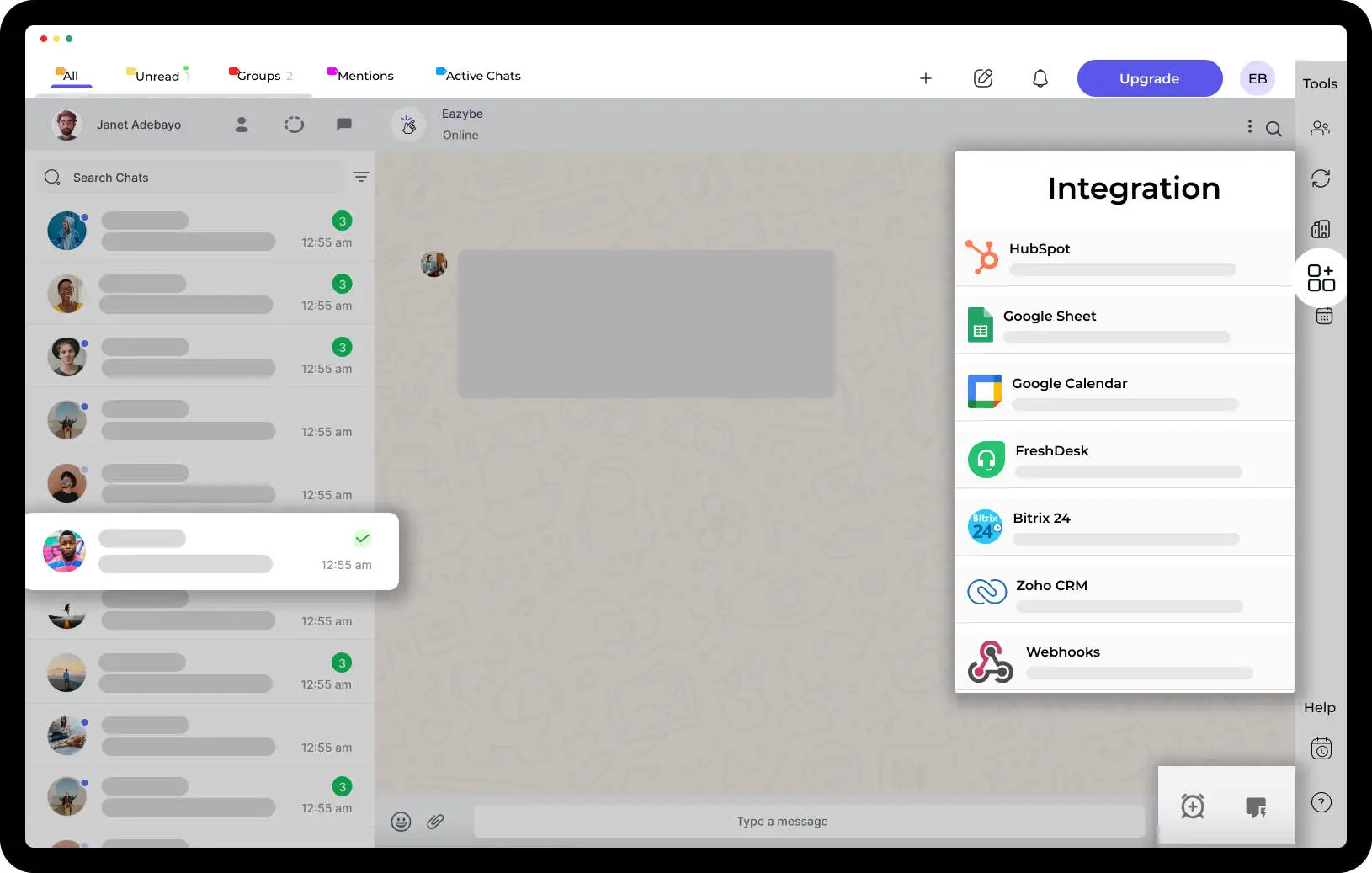
WhatsApp Verification by Call Stopped Working now. In the modern digital landscape, instant messaging has seamlessly integrated itself into our daily lives, with WhatsApp emerging as a leading platform in this realm. Especially in developing countries like India, WhatsApp has revolutionized both personal and business communication. It has provided a vital channel for businesses to interact with their customers, thanks to its ability to deliver secure One-Time Passwords (OTPs) for transactions and verifications. However, a recent development has sent shockwaves through this landscape - the discontinuation of the WhatsApp Verification by Call option. In this blog post, we will explore the implications of this change and suggest potential solutions for businesses to navigate this transition.
WhatsApp as an SMS Alternative in Developing Countries
In countries like India, where smartphone adoption is rapidly increasing and internet access is becoming more widespread, WhatsApp has emerged as a reliable alternative to traditional SMS services. Businesses across sectors such as banking, finance, and e-commerce have embraced WhatsApp to send OTPs and verification codes to their customers. This shift from SMS to WhatsApp-based communication offers unparalleled convenience, cost-effectiveness, and instant delivery, benefitting both businesses and consumers. Not only did this transition reduce reliance on conventional SMS, but it also provided a seamless experience for users already accustomed to using WhatsApp for personal communication.
Vulnerabilities of WhatsApp Verification by Call
However, as with any technological advancement, the convenience of using WhatsApp for OTP delivery came with certain vulnerabilities. One significant concern was the ease with which malicious actors could exploit the system. By activating call forwarding on a target's phone number, an attacker could gain unauthorized access to the target's WhatsApp account and intercept the OTP sent via call. This security loophole raised alarm bells about the potential compromise of sensitive personal and financial information. In response to these risks, WhatsApp took a crucial step by discontinuing the Verification by Call option. This measure aimed to bolster user account security and protect individuals from unauthorized access attempts.
Impact on Businesses and Potential Solutions
The removal of the Verification by Call option, while a commendable step towards enhancing security, posed a challenge for businesses relying on this feature to activate virtual numbers. Virtual numbers, often used by companies for purposes like customer service and transaction alerts, typically lacked the ability to receive SMS messages, making the call verification route the only viable option. With the removal of this feature, businesses encountered difficulties in verifying and activating these virtual numbers for WhatsApp usage.
Fortunately, there are potential solutions that businesses can consider in light of this change. Firstly, some virtual number providers offer the ability to receive SMS messages. By opting for such services, businesses can overcome the SMS limitation and continue using WhatsApp's SMS-based verification. Alternatively, businesses can explore the use of WhatsApp API solutions. While not a conversational replacement, API solutions can still facilitate the delivery of essential notifications and transactional messages to users, ensuring a level of engagement even without the traditional WhatsApp setup.
Conclusion
In conclusion, the discontinuation of the WhatsApp Verification by Call option underscores the platform's commitment to enhancing user security and privacy. This change, though essential, has prompted businesses to reevaluate their verification strategies, especially those relying on virtual numbers without SMS capabilities. As the digital landscape evolves, it is crucial for businesses to adapt and explore alternative solutions that align with the changing dynamics of secure communication. By embracing innovative approaches and staying informed about the latest developments, businesses can continue to harness the power of WhatsApp while upholding the highest standards of security.



.svg)


